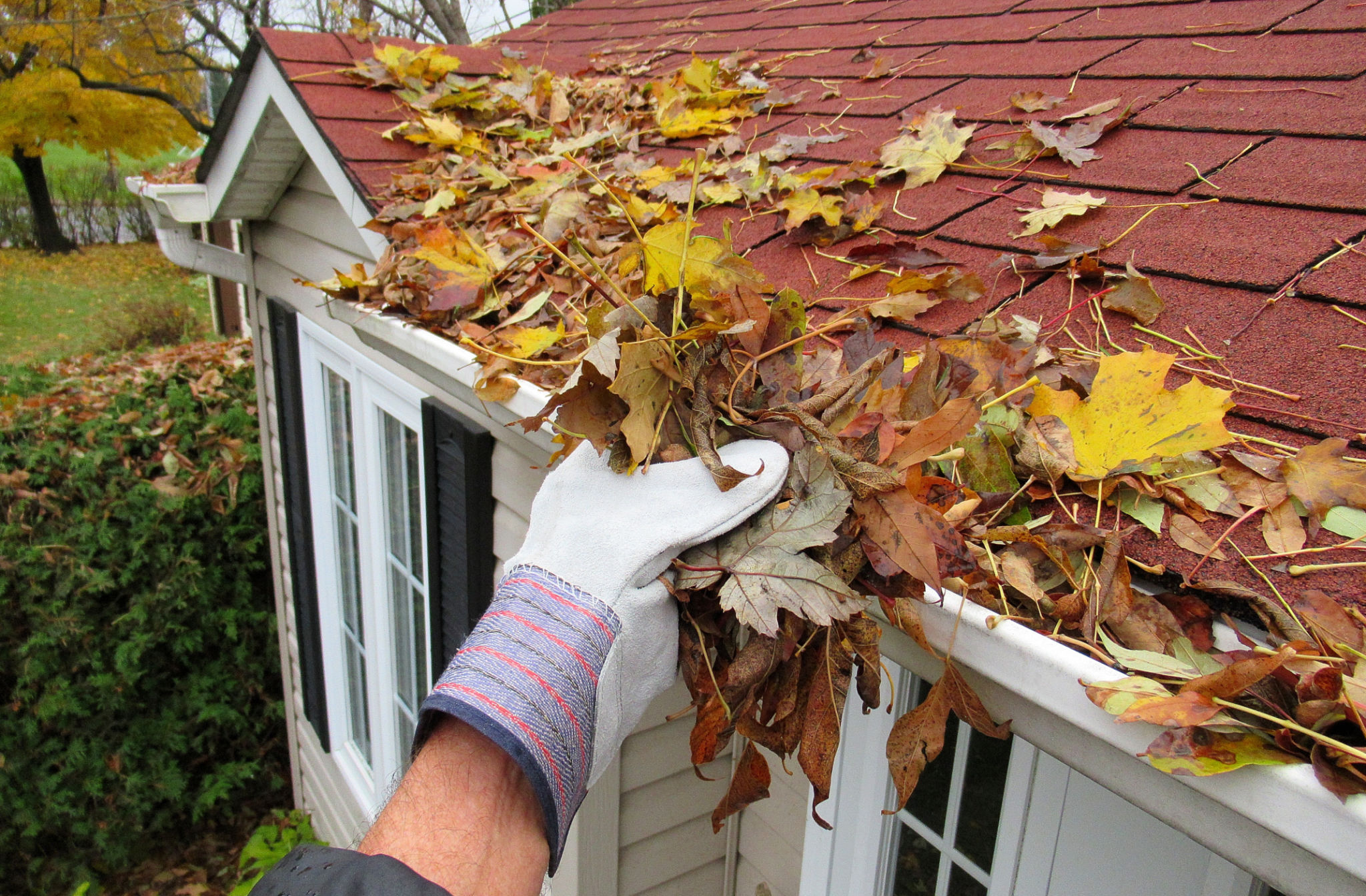How to Prepare Your Roof for Storm Season: Tips and Tricks
Inspect Your Roof for Damage
Before storm season arrives, it's crucial to conduct a thorough inspection of your roof. Look for signs of damage such as missing or broken shingles, cracked tiles, or any other visible wear and tear. These issues can compromise your roof's ability to protect your home during severe weather conditions.

Addressing small problems now can prevent larger, more expensive repairs later. If you notice any damage, consider hiring a professional roofer to handle the repairs. Their expertise ensures that your roof is in top condition before the storms hit.
Clean Your Gutters and Downspouts
Gutters and downspouts play a critical role in directing rainwater away from your home. If they are clogged with leaves, dirt, or debris, water can back up and lead to roof leaks or even structural damage. Make sure to clean them regularly, especially before the storm season begins.

Consider installing gutter guards to reduce the frequency of cleaning. These devices help keep debris out while allowing water to flow freely through the gutters.
Trim Overhanging Branches
Overhanging tree branches can pose a significant threat to your roof during a storm. High winds can cause them to break and fall onto your roof, resulting in damage. Trim any branches that hang over your roof to minimize this risk.

When trimming branches, ensure you maintain a safe distance from power lines, and if necessary, hire a professional arborist to handle the job safely.
Secure Loose Items on Your Roof
Items like antennas, satellite dishes, or solar panels should be securely fastened to your roof. Strong winds during a storm can dislodge these items, causing damage to both the roof and the items themselves.
Check that all fastenings are tight and in good condition. If you have any doubts about the security of these items, consult with a professional who can ensure everything is properly secured.
Consider Roof Reinforcement Options
If your area is prone to severe storms, you may want to explore additional reinforcement options for your roof. This could include installing hurricane straps or clips that help hold the roof structure together during high winds.
Consult with a roofing expert to determine the best reinforcement strategies for your home based on local weather patterns and building codes.
Review Your Insurance Policy
Finally, review your homeowner's insurance policy to ensure it covers storm-related damages. Understanding your coverage can provide peace of mind knowing that you're financially protected if your roof sustains damage during a storm.

If you find any gaps in your coverage, speak with your insurance provider about potential policy adjustments to better suit your needs.
Create an Emergency Plan
In addition to preparing your roof, it's essential to have an emergency plan in place for your family. This plan should include evacuation routes, emergency contact numbers, and a checklist of supplies you'll need if you have to leave your home quickly.

Regularly review and update this plan with all family members so everyone knows what to do in the event of a storm.
Stay Informed
Stay informed about upcoming storms by following weather forecasts and alerts. This will give you ample time to secure your home and implement any last-minute preparations if needed.
By taking these proactive steps, you can help safeguard your home and family during storm season, ensuring you're ready for whatever weather comes your way.